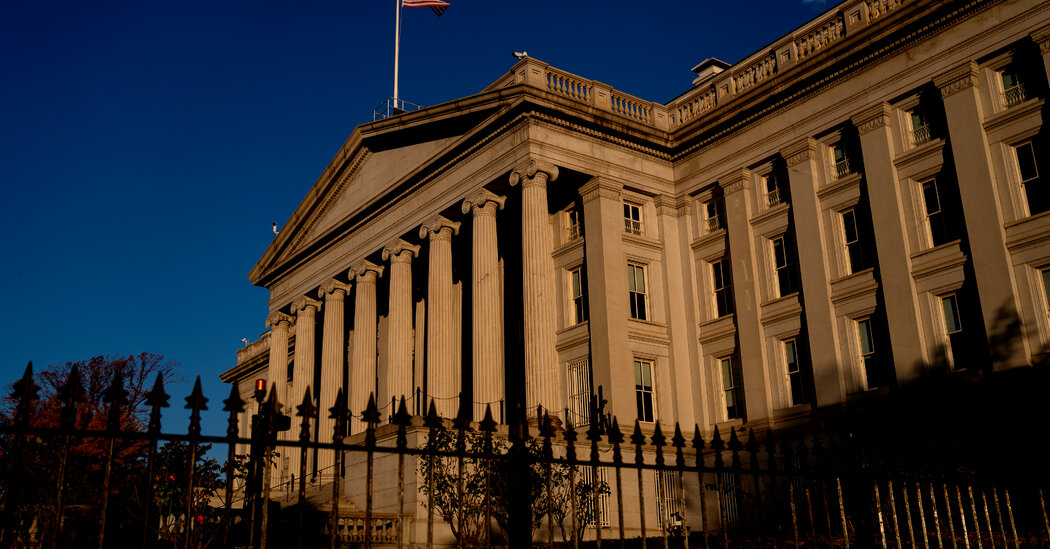Lack of competition, the Biden administration argues, goes a long way to explain why pay for a large share of the American work force is barely higher, after accounting for inflation, than it was a half-century ago. “The fact that workers are getting less than they used to is a longstanding problem,” Ms. Stevenson, who was not involved in the Treasury report, noted.
Anticompetitive practices thrive when there are fewer competitors. If workers have many potential employers, they might still agree to sign a noncompete clause, but they could demand a pay increase to compensate.
Even if there is no conclusive evidence that the labor market is less competitive than it used to be, the report says, researchers have concluded that there is, in fact, very little competition.
Suresh Naidu, a professor of economics at Columbia University, argues, moreover, that institutions like the minimum wage and unions, which limited employers from fully exercising their market power, have weakened substantially over time. “The previously existing checks have fallen away,” Mr. Naidu said.
Unions are virtually irrelevant across much of the labor market. Only 6 percent of workers in the private sector belong to one. The federal minimum wage of $7.25 an hour is so low that it matters little even for many low-wage workers.
The Treasury report argues that an uncompetitive labor market is reducing the share of the nation’s income that goes to workers while increasing the slice that accrues to the owners of capital. Moreover, employers facing little competition for workers, it argues, are more likely to offer few benefits and impose dismal working conditions: unpredictable just-in-time schedules, intrusive on-the-job monitoring, poor safety, no breaks.
The damage runs deeper, the report says, arguing that uncompetitive labor markets reduce overall employment. Productivity also suffers when workers have a hard time moving to new jobs that could offer a better fit for their skills. Noncompete clauses discourage business formation when they limit entrepreneurs’ ability to find workers for their ventures.

